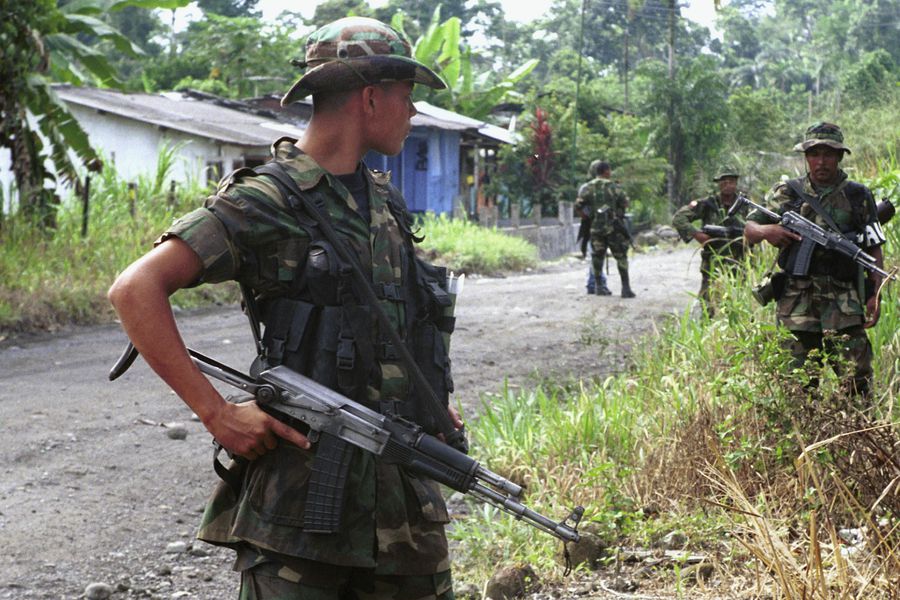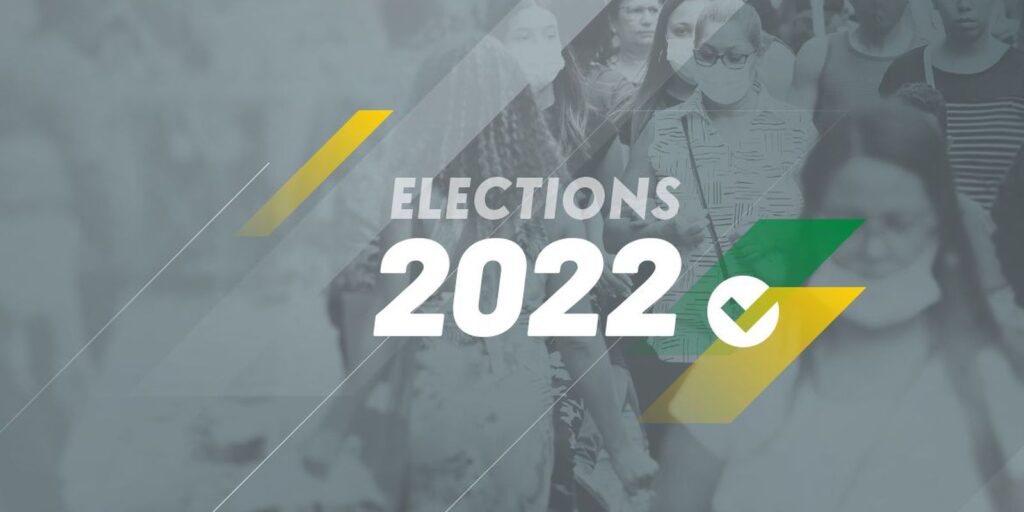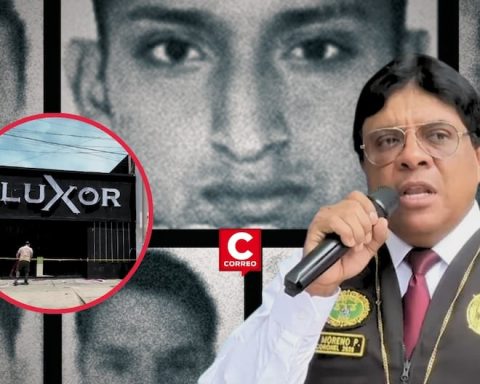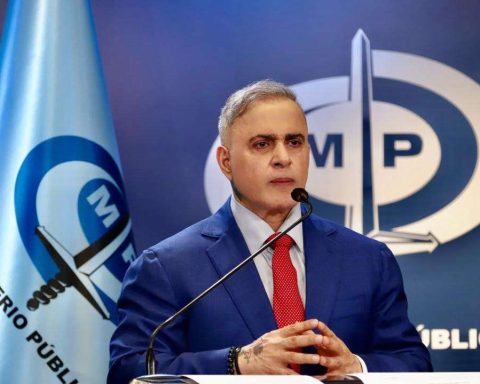The Minister of Labor and Social Welfare, Jeannette Jara Román, expressed her confidence that the Government and the ruling forces will reach an agreement with the opposition to carry out their reform agenda, especially in terms of pensions, since “the Plebiscite will not it can go back in history to before the social outbreak”, he pointed out.
In interview with The MercuryJara stressed “the need to advance social justice and stop abuses is an agenda that has already been installed in the country and I hope that the entire political system has made the corresponding learnings to be able to find good agreements.”
The Minister of Labor defended the Government’s project since it brings us closer “to the models that prevail in 32 of the 38 OECD countries and that are related to having a system that combines individual savings with the public solidarity pillar (…) Continuing with the same recipe in terms of pensions condemns us to the same results and that is not sustainable financially for people’s lives and, less so, socially for the legitimacy of a pension system”.
Jara affirmed that the introduction of greater solidarity to the system will now allow to correct the intergenerational inequity and the inequity between men and women. “I want to point out that the current retirees have been the ones who, throughout the 1980s, paid for the transition from the old cash system to the new AFP system through their taxes, and we owe them a debt. This social security pillar is going to recognize a necessary element that is women’s pensions. The question must be asked the other way around: Can this society maintain the levels of inequity in pension matters?” Minister Jara then asked, urging the different political forces to get involved “with the conviction that we need a new social pact that defines the ways of relating to each other and that provides citizens with social rights”, he declared.
Another matter that he addressed was the result of the exit plebiscite, especially the causes of the resounding defeat. In this regard, the head of the Labor and Social Welfare portfolio stated that “one of the things that the constitutional plebiscite expresses, that there was not sufficient identification between what the text expressed and provided and how people saw themselves represented in that and that is one of the elements that should be kept in view when a constitutional text is discussed again.”
“Without a doubt, multiple factors prevailed and it seems to me that the causes must be well matured. Today our task is to accompany the process for the generation of a new Constitution, as well as the tasks of a government”, he added.
Likewise, Jara referred to the fake news that intoxicated the debate, such as “the lies that were spread about the expropriation of funds”, an issue in which “a significant effort was made by the Government very clearly to clear up doubts about it and even presented a bill on the matter. Without a doubt, one has to review oneself critically and see what could have been done better (…) Our task now is to carry out the agenda whose main priority is to attend to the immediate needs of the people, as well as to carry out the changes that allow us to have greater social justice”.
On another level, Jeanette Jara downplayed the drama of the latest cabinet change, one that “is strengthened with three objectives. The first is to deepen the dialogue process to enable transformations. Second, this cabinet is going to enhance the coordination of the Government itself in order to be able to attend to immediate citizen needs, and the third thing is to strengthen the support base made up of two coalitions.”
Regarding the criticism of the appointment of Nicolás Cataldo, first in the Undersecretariat of the Interior and then in Subdere, Jara questioned the exacerbated feeling of exclusion that some – without specifying names – want to impose on President Boric, especially with respect to people who, like her, militate in the computer.
“Some sectors may believe that the logic of exclusion is valid in politics, but I think they are wrong. Our society has been changing, and each time the different voices must have a representation. The attitude of exclusion towards the communists that some extreme sectors have manifested is not only inappropriate, it is not only intended to be above the decisions of the President of the Republic. It is even more unacceptable in the context of a day like today, September 11, a date that evokes the worst forms of persecution of those who thought differently in the history of Chile.”


















